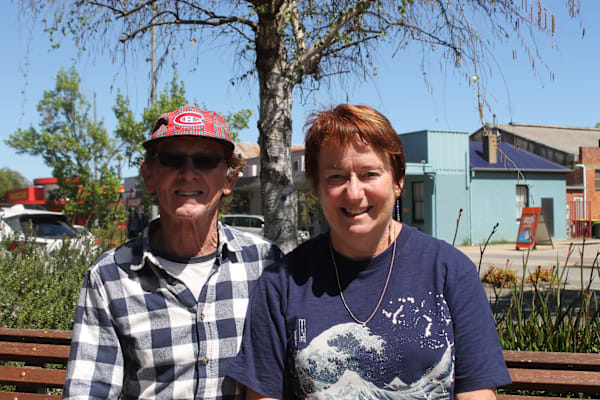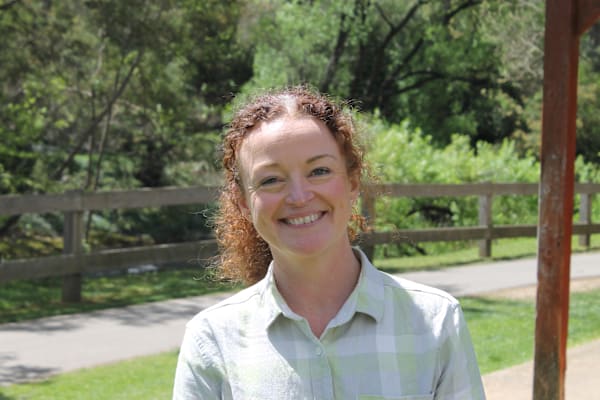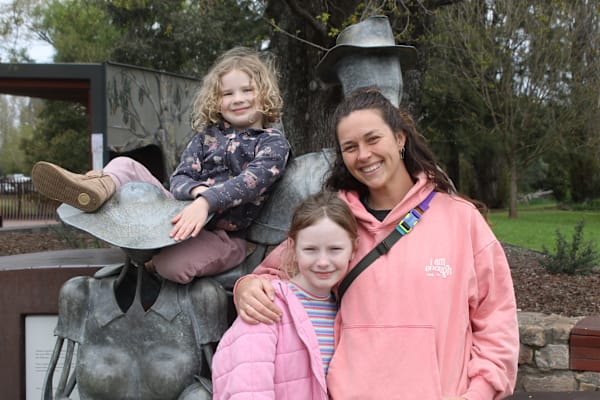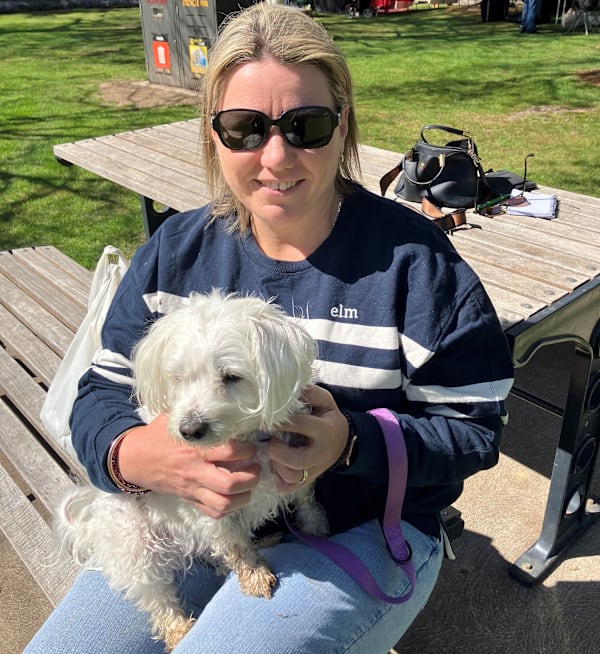HARRIETVILLE local Emily Spiller is heading to America to undertake further studies in nuclear weaponry and politics, thanks to being awarded the prestigious Fulbright Scholarship.
Emily, who attended school in Myrtleford before moving to Melbourne, returned to the area during the COVID pandemic and said the town will "always be home".
"This area is hard to beat; the sense of community in Harrietville and the surrounding towns is unique and special," she said.
"Since moving home to Harrietville, I also discovered that the town hosted a group of Chernobyl children in 1993 as part of the global humanitarian response following the 1986 nuclear disaster. "I'm in the process of curating an exhibition with the Harrietville Historical Society about it which has been really interesting.
"I'm amazed that Harrietville has a connection with this part of the world and my study topics."
Latest Stories
The Fulbright Scholarship began in America in 1946 after WWI and is a global cultural and education exchange program that enables people to go to the United States to complete their studies or research.
Emily has a bachelor degree in journalism and international relations, a Master of Public Policy and Management, her Honours thesis examined the Obama Administration and refined her knowledge of American nuclear politics and her PhD research will examine American nuclear weapons policy from the perspective of the President.
"As part of my studies, I also spent some time in Washington D.C. working for the Federation of American Scientists, a nuclear think–tank where I specialised in tactical nuclear weapons reductions," she said.
"I think all my degrees complement each other and provide a greater understanding of the world around us and the many moving parts of the policymaking environment.
"My PhD research requires me to go to the U.S. to do archival work in presidential libraries and archives, as well as a series of interviews with nuclear policymakers, specialists, scholars, and commentators so this scholarship provides a great opportunity to complete this and have a terrific support community at the same time.
"I'm looking at the period from 1939 to 1974; from the beginning of the atomic age through to the first bilateral arms control agreement signed between American and the Soviet Union.
"These are also the predominantly formative years of the atomic age; from the building of the bomb, the thermonuclear arms race and stockpiling of weapons, and the pursuit of cooperation with the Soviet Union.
"I am most excited and driven by issues that support diplomacy, most particularly in the field of international security and nuclear arms control.
"Nuclear weapons continue to play a critical role in world affairs and remain a persistent reality in the twenty–first century.
"I believe that strengthening our 'nuclear memory' is a critical task at a time when the horrors of Hiroshima and Nagasaki, the environmental consequences of nuclear testing, and the anxieties of nuclear crises, have largely faded.
"So the significance of my project is anchored in its attempt to rededicate ourselves to learning about nuclear leadership."















